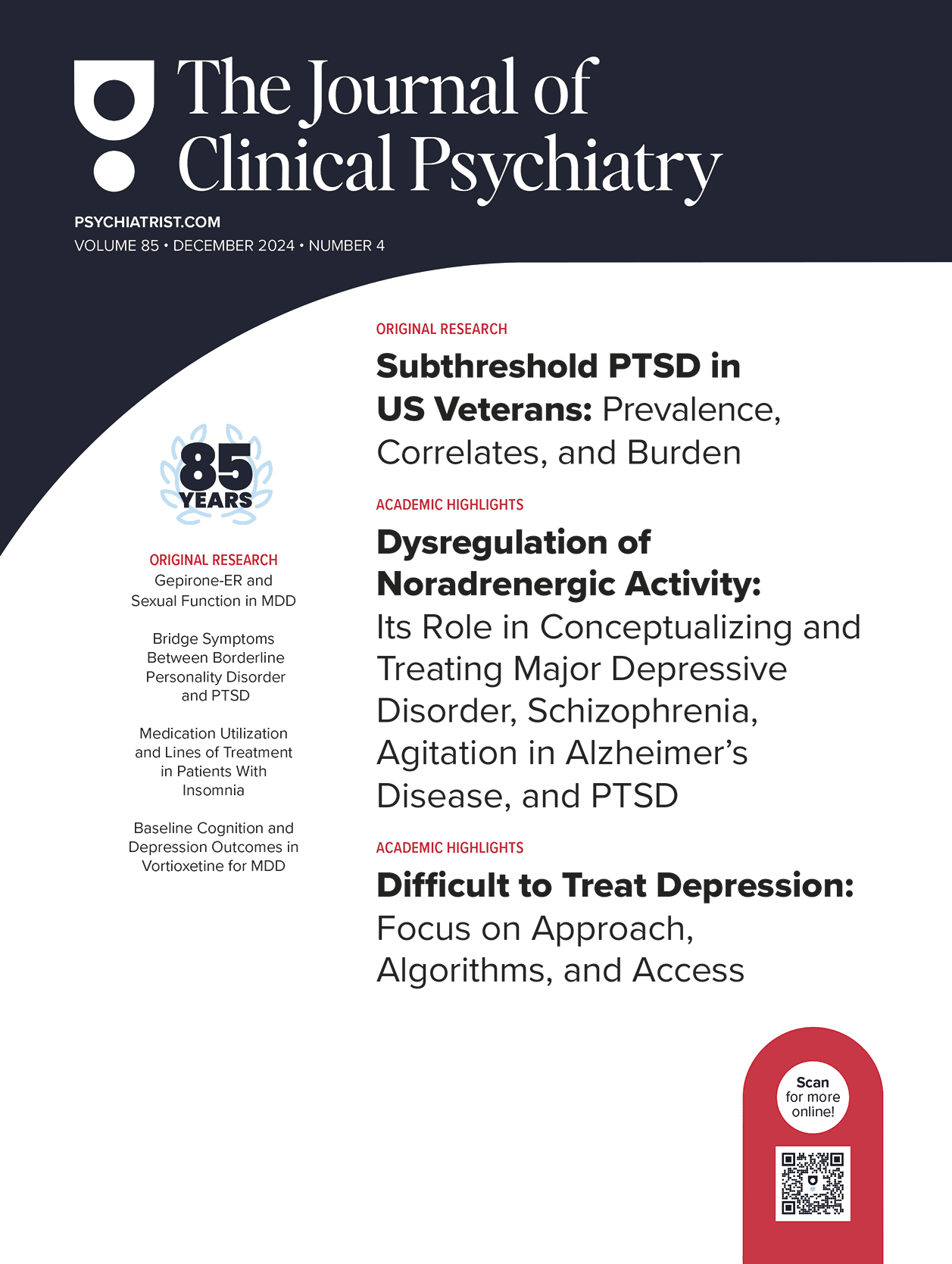Background:Medication compliance is a critical issue in pharmacotherapy. This study evaluated the clinical utility of the Medication Event Monitoring System (MEMS), a newer method for monitoring medication compliance, compared with pill count, a traditional measure, in a sample of patients treated for alcohol dependence with naltrexone.
Method: Ninety-three outpatients meeting DSM-III-R criteria for alcohol dependence participated in a 10-week open-label study of naltrexone. They were provided with naltrexone, 50 mg daily, and concurrent counseling. Measures of medication compliance and drinking during treatment were collected every 2 weeks.
Results: Pill count yielded a significantly (p < .001) higher estimate of compliance (87.6% ± 18.1%) than the MEMS (80.4% ± 20.6%). However, the estimate of compliance obtained with the MEMS was more consistently correlated with treatment outcome (percentage of days abstinent, percentage of heavy drinking days, and mean alcohol amount consumed per drinking occasion) than the pill count compliance rate. In addition, classification of the sample into compliant and less compliant groups using the MEMS data yielded groups that differed more clearly on drinking outcomes than did stratification on the basis of pill count.
Conclusion: In pharmacotherapy research, the MEMS may provide more reliable and valid information about subjects’ medication compliance than pill count. Clinically, information obtained with the MEMS could be used to provide feedback to patients about their pill-taking behavior to enhance compliance and overall outcome of therapy.
Please sign in or purchase this PDF for $40.00.
Save
Cite




